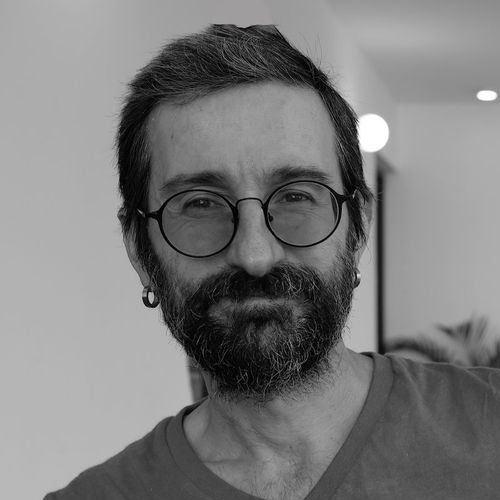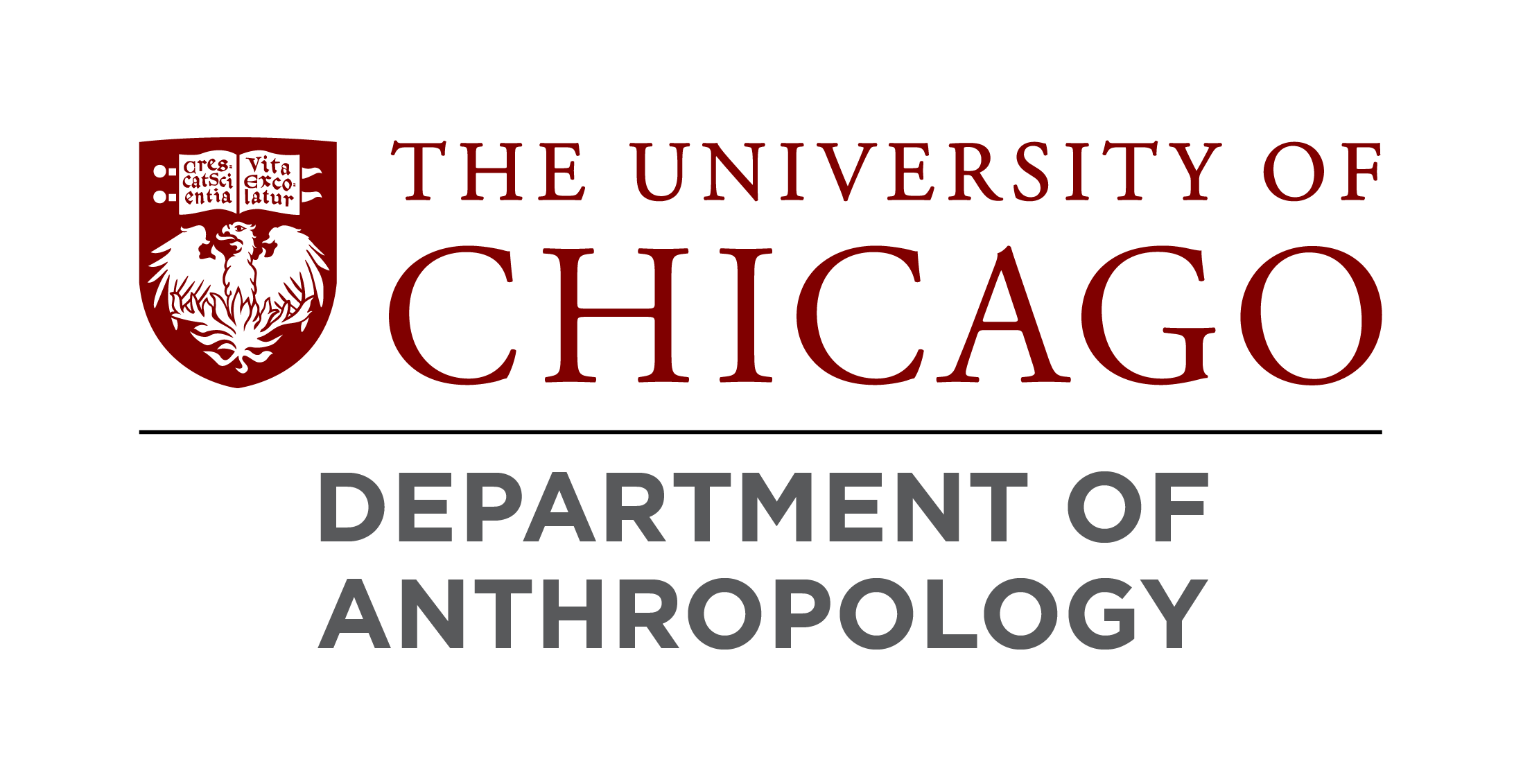
I am a historical anthropologist and archaeologist interested in material and affective histories of French colonialism and imperialism. My research focuses on two areas, West Africa and post-independence Mexico, though I have also conducted research in the United States and the Caribbean, and maintain a keen interest in the Atlantic world and postcolonial France.
My first project focused on the Siin region in Senegal, and investigated the political changes that took place in the province over the past 400 years, how those were manifested in social landscapes, and how they shaped the lifeworlds of peasant communities. I was interested in the long-term relationship binding rural villagers with various configurations of state power, from the Atlantic era to present times. This forms the topic of my first book, Reluctant Landscapes: Historical Anthropologies of Political Experience in Siin (Senegal). The book argues that the material worlds that have organized rural life in the Siin over time have placed certain constraints on projects of rule in the region. While altering in response to broader political and economic forces, Siin’s ‘reluctant landscapes’ have imparted a distinct character to local modes of action and moral imaginations, whose effects continue to echo in the contemporary present.
My second project moves back in time to focus on Africa’s early modern history, particularly the murky period enfolding the few centuries before and after the moment of Atlantic contacts. The Atlantic era has often been understood as a momentous rupture, yet a full picture is made difficult by limited evidence. I am currently working on a study that draws on archaeological archives to revisit the question of Atlantic transitions in Senegal and assumptions that have structured writings about this period. Preliminarily titled A Tale of Two Villages: African Rural Communities Astride the Atlantic Divide, this book manuscript lends a comparative look at the material pasts of two settlements, one along the coast and one in the hinterland, in Siin between AD 1300 and 1700. Tracking change and resilience in spatial organization, trade, social life, rural ecologies, and spiritual practices, it attempts to map the different historical rhythms that have carved Siin’s countryside across the Atlantic threshold.
More recently, I shifted geographic horizons to begin studying the material dimensions of the French colonial presence in Mexico and its legacies in the present. This project spans two hundred years, from the establishment of French agricultural colonists along the Nautla River in the state of Veracruz in the 1830s to descendent communities today. Focusing on the present-day municipio of San Rafael, this work interrogates how French-descended communities have mobilized and reconstructed ideas of Frenchness to mediate their integration into Mexico’s political-cultural space. When accounts of this history have often foregrounded the successes of French ‘culture,’ resolve, unity, and enterprise, my work seeks to unsettle some of these presumptions, by 1) placing French-Mexicans in a history of settler colonialism and capitalism that does not ignore dispossession, extraction, and economic violence, or indeed complex, at times ambivalent, connections to the lives, labor and worlds of non-French communities. French colonial settlement involved taking possession of geography, and the affective, sensory, and material re-creation of terroir away from home; 2) showing that Frenchness was a shifting and disputed discourse, fundamentally entwined with processes of racialization and with the figure of Indigenous otherness, such that, in time, ‘Frenchness’ morphed into an oblique way of signifying ‘Whiteness,’ quietly serving as a ground for exclusion; 3) exploring how ideas of what it meant to be French in Nautla developed in relation to a volatile cast of non-human factors that offset the coordinates of human agency. In effect, the French colony constituted itself within a matrix of geological and interspecies engagements, and elemental histories of earth and water, and biosocial ones of vanilla and cattle, played a significant part in the construction of cultural intimacies. Frenchness is as much as a ‘natural history’ as a cultural one; and 4) attending to the ruptures saturating the project of French identity. In a psychoanalytic register, I am particularly interested in prodding the political unconscious and structure of desire underwriting investments in the project of Frenchness. I hope to interrogate the psychic work that the historical attachment to material things does – where physical objects appear to tangibly anchor claims to an elusive origin, while papering over the impossibility of ‘ever really’ being French. In this sense, ‘Frenchness’ seems better analyzed partly as a political fantasy and aesthetic imagination structured by lack and absence, always haunted by otherness and elsewheres.
Parallel to this research, I’ve also become interested in how archaeological thought and feeling travel to other domains. One ongoing project involves tracking epistemological and aesthetic relationships between cinema and archaeology (focusing on the Mexican work of Sergei Eisenstein) and another explores the idea of ‘archaeological sensibilities,’ to think about attunements to materialized history beyond the discipline of archaeology (the object of a forthcoming edited volume titled Archaeological Sensibilities to be published with Routledge).
My teaching touches on these various topics, and I offer regular classes on archives, materiality, space, political life, colonialism, peasants, race, and methods in historical archaeology, with a focus on Africa, Latin America, and France. I’ve also taught required courses for the Anthropology PhD program on anthropological theory and archaeological theory. And I chair the ‘Colonizations’ Civ sequence in the UChicago College Core Curriculum.
Recent Research / Recent Publications
2025
Beyond the Break: Village Communities, Material Worlds and Atlantic Transitions in the Province of Siin (Senegal). In M. Davies, K. MacDonald & S. Cános-Donnay, eds., Connections, Complexity and Contributions: Africa’s Later Holocene Archaeology in Global Perspective. McDonald Institute for Archaeological Research (forthcoming).
2024
Cracks and Fugitive Geographies: Agrarian Capitalism and Rural Landscapes in Central Veracruz, 19th-20thC. International Journal of Historical Archaeology 28(1): 45-63.
2019
Peanuts, Pangool and Places: Constellations of Colonial Capitalism in Rural Senegal. Historical Archaeology 53(3): 611-633.
2019
African Futures Past: Material Horizons of Peasant Expectations in Senegal. Journal of Contemporary Archaeology 6(1): 64-84.
2018
Reluctant Landscapes: Historical Anthropologies of Political Experience in Siin (Senegal). University of Chicago Press.
2017
‘Excessive Economies’ and Logics of Abundance: Genealogies of Wealth, Labor, and Social Power in Pre-Colonial Senegal. In M. Smith, ed., Abundance: An Archaeological Analysis of Plenitude, pp. 201-228. University of Colorado Press.
2017
An Archaeology of Missionary Encounters: Initial Thoughts and Things from Saint-Joseph de Ngasobil (Senegal). In I. Thiaw & H. Bocoum, eds., Preserving African Cultural Heritage: Proceedings of the Joint PanAf/SAfA Conference, Dakar (Senegal), 2010, pp. 395-403. Mémoire IFAN-Cheikh Anta Diop.
2015
The African State in Theory: Thoughts on Political Landscapes and the Limits of Rule in Senegal (and elsewhere). In S. Wynne-Jones & J. Fleisher, eds., Theory in Africa, Africa in Theory: Locating Meaning in Archaeology, pp. 201-231. Oxford University Press.
2015
The Ruins of French imperialism: An Archaeology of Rural Dislocations in Twentieth-Century Senegal. In M. Leone & J. Knaupf, eds., Historical Archaeologies of Capitalism, pp. 445-465. Springer Press.
2015
(F.G. Richard, ed.) Materializing Colonial Encounters: Archaeologies of African Experience. Springer Press.
2015
(F.G. Richard & K. MacDonald, eds.) Ethnic Ambiguity and the African Past: Materiality, History, and the Shaping of Cultural Identities. Left Coast Press.
2014
Traveling Theory: Mark Leone, Slavery, and Archaeology’s Critical Imagination. Journal of African Diaspora Archaeology and Heritage 3(1): 81-102.
2013
(w/ Ibrahima Thiaw) An Archaeological Perspective on West Africa and the Post-1500 Atlantic World. In P. Mitchell & P. Lane, eds., The Oxford Handbook of African Archaeology, pp. 983-998. Oxford University Press.
2013
Hesitant Geographies of Power: Materialities of Colonial Rule in the Siin (Senegal), 1850-1960. Journal of Social Archaeology 13(1): 54-79.
2013
Thinking Through ‘Vernacular Cosmopolitanisms’: Historical Archaeology in Senegal and the Material Contours of the African Atlantic. International Journal of Historical Archaeology 71(1): 40-71.
2012
Atlantic Transformations and Cultural Landscapes in Senegambia: An Alternative View From the Siin. In J.C. Monroe & A. Ogundiran, eds., Power and Landscape in Atlantic West Africa: Archaeological Perspectives, pp. 78-114. Cambridge University Press.
2012
Lost in Tradition, Found in Transition: Scales of Indigenous Histories in Siin, Senegal. In M. Oland et al., eds., Decolonizing Indigenous Histories: Exploring Prehistoric/Colonial Transitions in Archaeology, pp. 132-157. University of Arizona Press.
2012
Materializing Poverty: Archaeological Reflections from the Postcolony. Historical Archaeology 45(3): 166-182.
2011
“In [Them] We Will Find Very Desirable Tributaries for Our Commerce”: Cash Crops, Commodities, and Subjectivities in Siin (Senegal) During the Colonial Era. In S. Croucher & L. Weiss, eds., The Archaeology of Capitalism in Colonial Contexts, pp. 193-218. Plenum Press.
2010
Response and Responsibility (Before and After the Facts): Postcolonial Thoughts on Ethical Writing. Archaeological Dialogues 17(1): 41-53.
2010
Re-Charting Atlantic Encounters: Object Trajectories and Histories of Value in the Siin (Senegal) and Senegambia. Archaeological Dialogues 17(1): 1-27.
2009
Historical and Dialectical Perspectives on the Archaeology of Complexity in the Siin-Saalum (Senegal): Back to the Future? African Archaeological Review 26(2): 75-135.
 THE UNIVERSITY OF CHICAGO
THE UNIVERSITY OF CHICAGO

